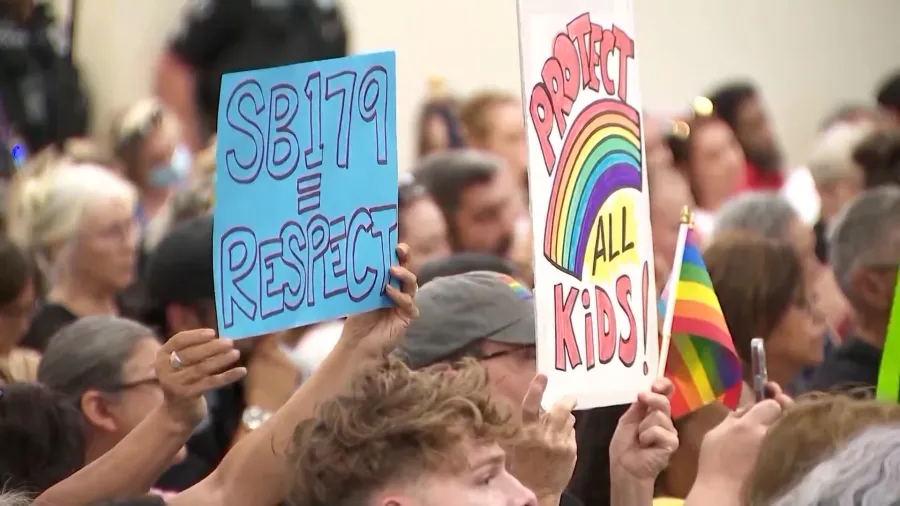A law that prohibits school districts from enacting guidelines requiring them to inform parents if their child requests a change in gender identity has been signed by Governor Gavin Newsom.
Regulations forcing school personnel to reveal a student’s gender identification or sexual orientation to third parties without the consent of the student are prohibited by law. The law’s supporters claim that it will shield LGBTQ+ youngsters from homes that do not accept them. Opponents counter that it will make it more difficult for schools to communicate with parents.
The bill was passed during a national discussion on rights for LGBTQ+ students and parents, as well as local school systems.
The legislation was brought out by Democratic Assemblymember Chris Ward of California, a San Diego resident, in response to what he described as a “developing national attack” on LGBTQ individuals.

On the Assembly floor this past month, Ward stated that while most LGBTQ youth have supporting families, some regrettably still experience rejection and risk grave consequences if they are forced to disclose their identity too soon.
In signing SB 1186 into law, Governor Newsom stressed how important it is to protect students’ dignity and privacy. Any student should feel comfortable and encouraged in their educational environments, he said, no matter their gender identification. The law intends to make schools for LGBTQ+ students throughout California more welcoming and supportive by doing away with the obligatory parental notice requirement.
The law’s proponents claim that it is consistent with current state laws that support diversity and anti-discrimination in schools. SB 1186 is another bold step toward guaranteeing respect and equal treatment for all students, irrespective of their gender identity or sexual preference. California has been an innovator in the LGBTQ+ rights movement.
Nonetheless, some extremist groups and parents have criticized the rule, claiming that parents have a right to know about any major adjustments in their child’s life, especially gender identity. They voice worries regarding parental rights and the possibility that in delicate situations, schools could have more power than parents.
